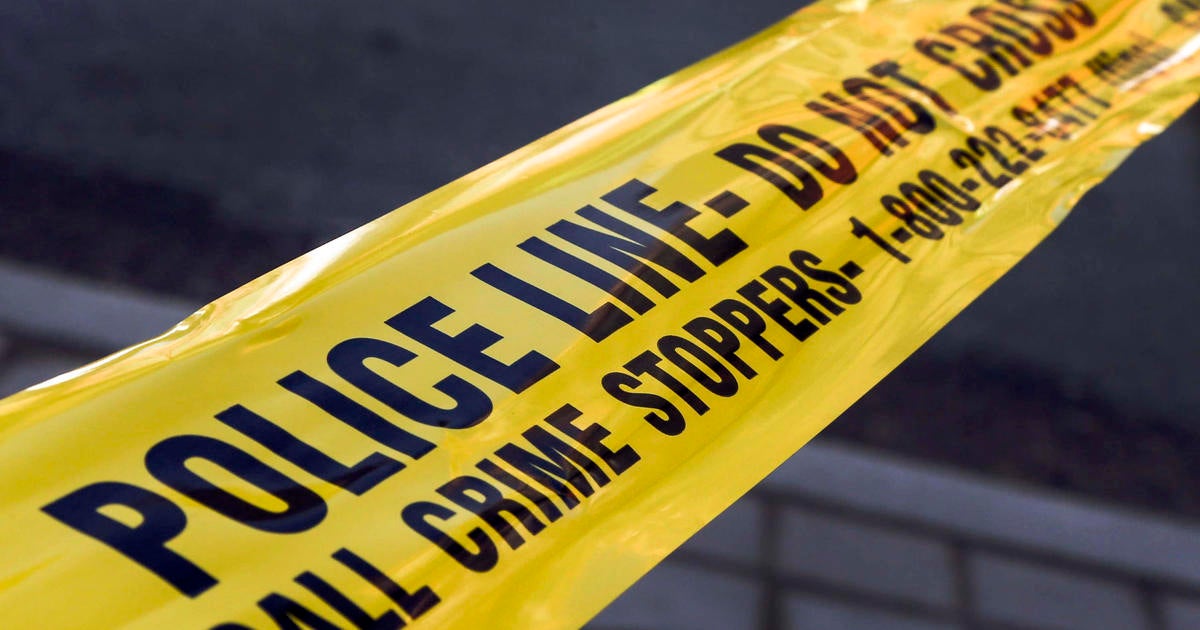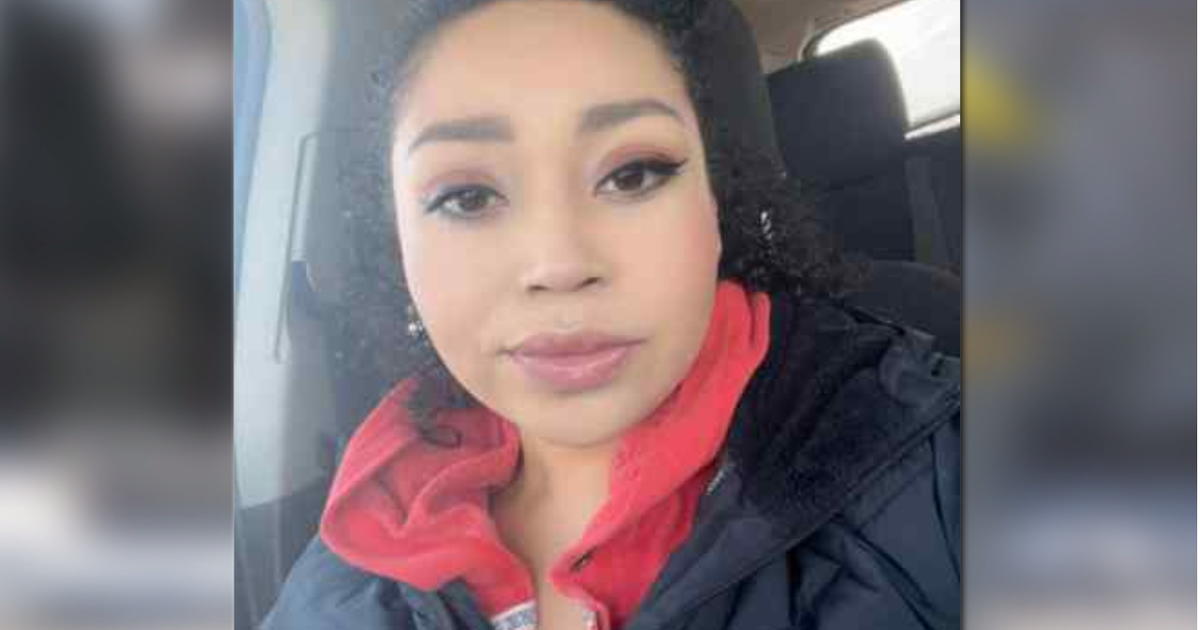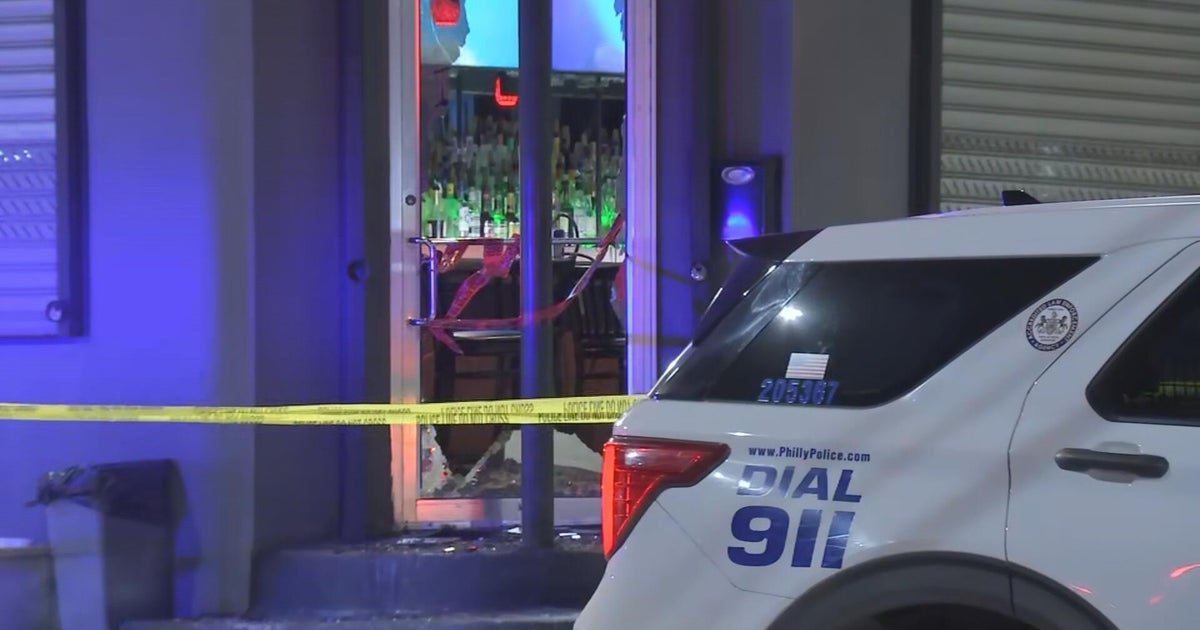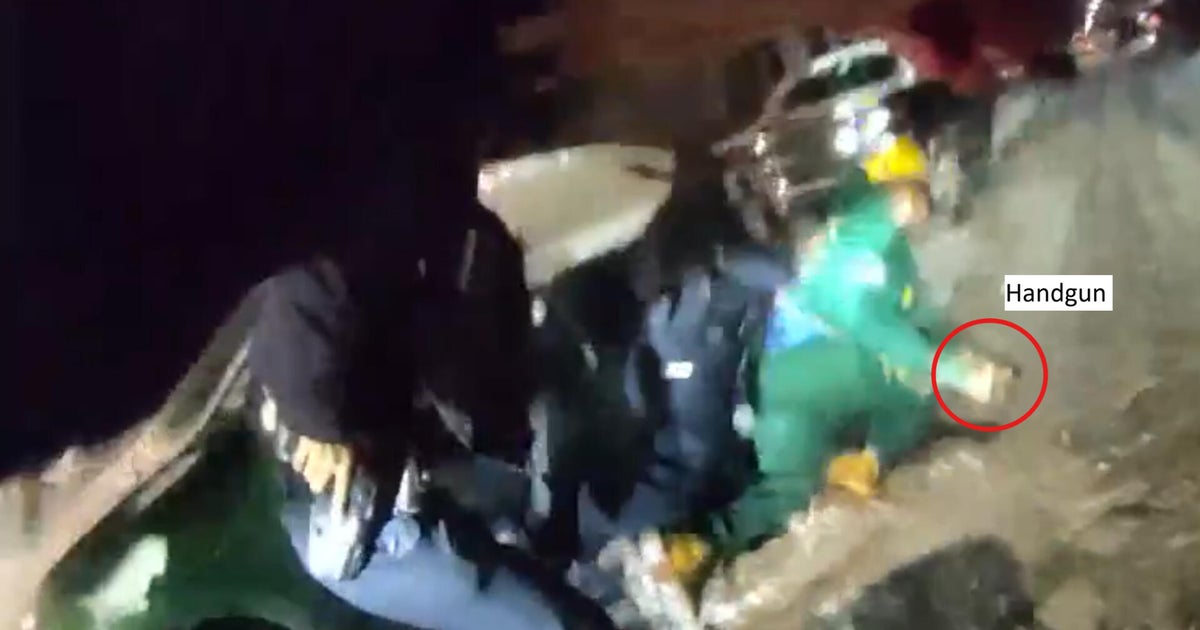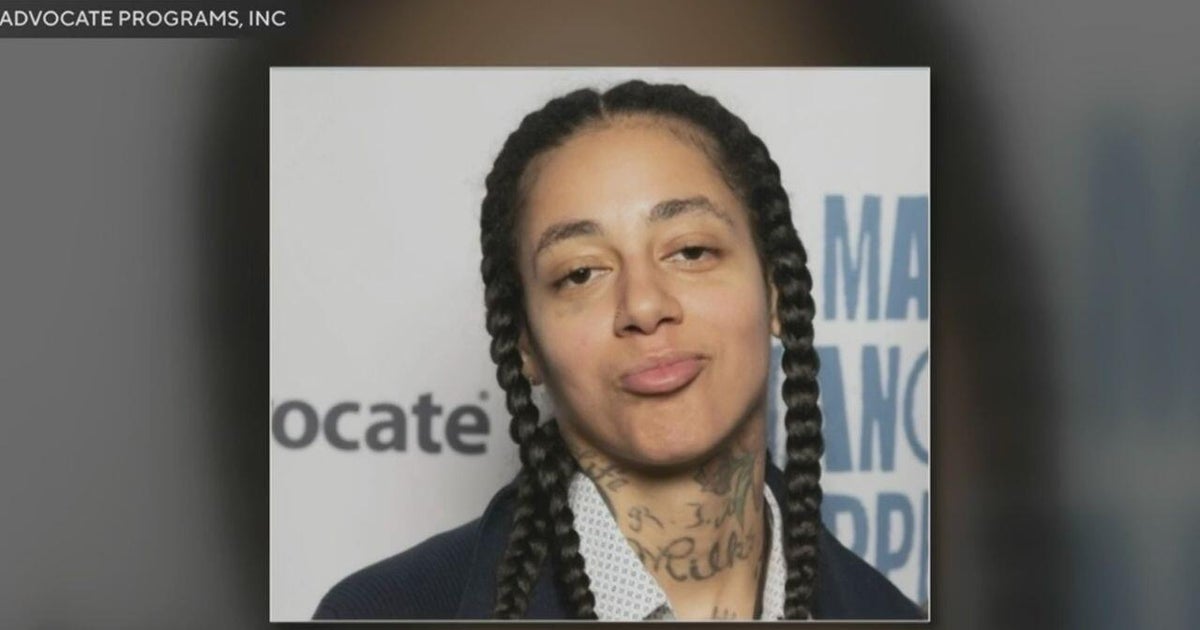Daunte Wright Shooting: Will 'Wrong Gun' Defense Work For Kim Potter?
MINNEAPOLIS (AP/WCCO) — A white suburban Minneapolis police officer charged with manslaughter in the death of Daunte Wright, a Black man, said she meant to use her Taser to try to stop him from fleeing during an attempted arrest but accidentally grabbed her gun instead.
Jury selection for Kim Potter's trial begins Tuesday. When prosecutors begin presenting their case next week, they'll argue that Potter, who quit the Brooklyn Center police force two days after the shooting, committed first- and second-degree manslaughter when she killed the 20-year-old Black man during an April 11 traffic stop.
Here's a look at the charges and potential penalties:
THE CHARGES
Under Minnesota law, first-degree manslaughter in this case means prosecutors allege that Potter caused Wright's death while committing the misdemeanor of the "reckless handling or use of a firearm so as to endanger the safety of another with such force and violence that death or great bodily harm to any person was reasonably foreseeable."
The second-degree manslaughter charge alleges that she caused his death "by her culpable negligence, whereby Kimberly Potter caused an unreasonable risk and consciously took a chance of causing death or great bodily harm to Daunte Demetrius Wright, while using or possessing a firearm."
Neither charge requires prosecutors to prove Potter intended to kill Wright.
The attorney general's office added the first-degree manslaughter charge after it took over the case, though it fell short of the murder charge that Wright's family and activists wanted.
THE FACTS
According to the complaint, the officer Potter was training, Anthony Luckey, told Wright they stopped him for the air freshener hanging from his car's rearview mirror and because it had expired license plate tabs. But Luckey ran a check and found that Wright had an outstanding arrest warrant for a weapons violation, so the officers returned to Wright's car to arrest him.
Wright obeyed Luckey's order to get out, but as Luckey was handcuffing him, Wright pulled away and got back in. As Luckey held onto Wright, Potter said "I'll tase ya." Potter's body camera video then shows her holding her handgun in her right hand and pointing it at Wright. Potter repeated "I'll tase you," and then two seconds later said "Taser, Taser, Taser." One second later, she fired a single bullet into Wright's chest.
"(Expletive) ! I grabbed the wrong (expletive) gun," Potter is heard saying. "I'm going to go to prison."
POTENTIAL PENALTIES
The maximum for first-degree manslaughter is 15 years; for second-degree, it's 10 years. But Minnesota judges follow sentencing guidelines that normally call for less — just over seven years for first-degree, and four years for second-degree.
But prosecutors have said they'll seek a longer sentence due to aggravating factors, which is what they did in former Minneapolis Officer Derek Chauvin's murder trial for killing George Floyd.
The longest sentences that could conceivably stick on appeal are double the top of the guidelines range. But that's more than the statutory maximum of 15 years for first-degree manslaughter, so 15 years would be the cap for Potter if she's convicted. The realistic maximum on the lesser charge would be 9 1/2 years.
Presuming good behavior, Minnesota offenders typically serve two-thirds of their time in prison and one-third on supervised release.
THE JURY AND MEDIA COVERAGE
Criminal Defense Attorney Joe Tamburino, who is not affiliated with the case, said finding an impartial jury could be a challenge, even if they had moved the trial out of Hennepin County.
"The question is, can you set aside the videos and the reports and everything that you may have heard about the case, and try to keep an open mind and be impartial throughout the trial?" Tamburino said.
Potential jurors were given a 15-page questionnaire. It asked their knowledge of the case, media habits, police contacts and opinions regarding the justice system and the treatment of people of color. It also asks the potential juror if they participated in protests about policing, and asked their thoughts on Black Lives Matter and Blue Lives Matter. Tamburino said the questionnaire is similar to the one used in Derek Chauvin's trial.
As of Sunday, the jury will not be sequestered.
"They can go home at the end of the day. But if anything happens that is, you know, noteworthy or could really affect the jury listening to the case, they could in fact be sequestered," Tamburino said.
Similar to Chauvin's trial, Judge Regina Chu will allow cameras in the courtroom, citing the COVID-19 pandemic.
"It is fantastic for the general public to have cameras in the courtroom," Tamburino said. "Why? Because it brings transparency and trust to the process."
RECENT PRECEDENTS
The judge in Chauvin's case sentenced him to 22 1/2 years for second-degree unintentional murder. The presumptive sentence was 12 1/2 years. But Judge Peter Cahill found several aggravating factors, including that Chauvin abused his position of authority and treated Floyd with particular cruelty, and that several children witnessed the crime live. He also said Chauvin knew that kneeling on Floyd's neck was dangerous.
More recently, Judge Kathryn Quaintance resentenced former Minneapolis Officer Mohamed Noor to four years and nine months in prison for second-degree manslaughter in the shooting death of Justine Damond Ruszczyk, which was at the top of the guidelines' range. She said she did so because Noor shot "across the nose" of his partner and endangered others. She couldn't sentence him to more because prosecutors didn't request an "upward departure" from the sentencing guidelines.
Quaintance originally sentenced Noor to 12 1/2 years for third-degree murder, which was what the guidelines called for, but the Minnesota Supreme Court later clarified the definition of third-degree murder and sent the case back for resentencing only on the manslaughter charge.
According to the potential juror questionnaire, jury selection is expected to last a week, with opening statements scheduled to begin Dec. 8.
(© Copyright 2021 CBS Broadcasting Inc. All Rights Reserved. The Associated Press contributed to this report.)

